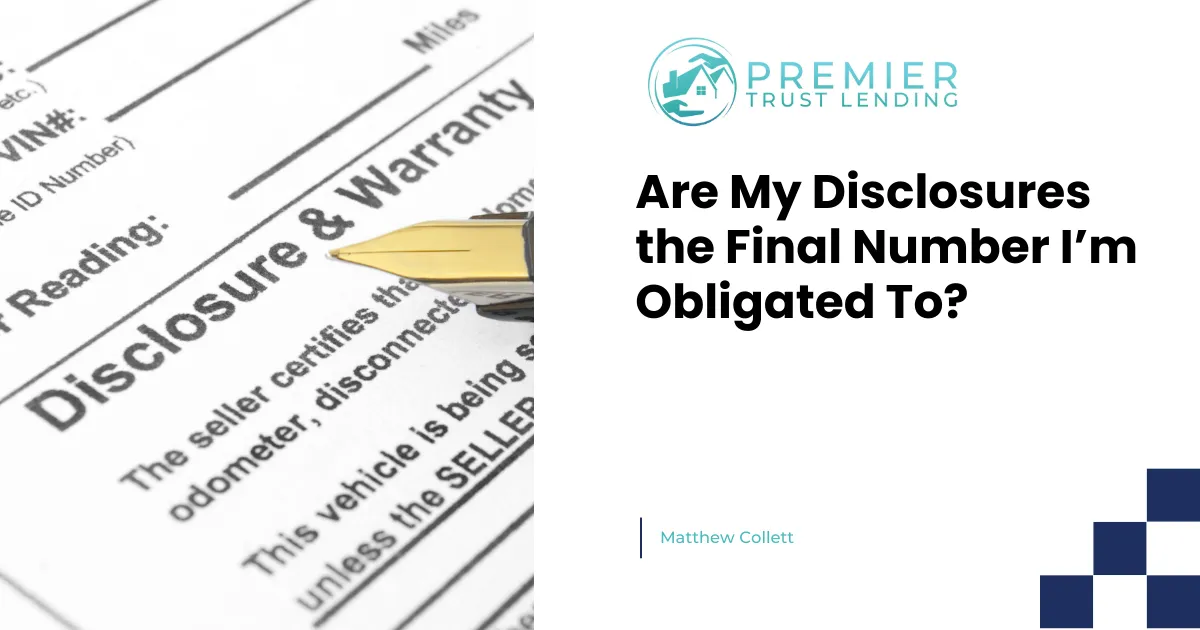
Are My Disclosures the Final Number I’m Obligated To?
When you're in the middle of the mortgage process, one of the most common questions buyers ask is: Are the numbers on my disclosures the final amount I'm locked into? It’s a great question—and the short answer is: not always.
Let’s break it down.
What Are Mortgage Disclosures?
Mortgage disclosures—like the Loan Estimate (LE) and Closing Disclosure (CD)—are documents your lender is required to provide. They give you an overview of your projected costs, such as:
Your loan amount
Interest rate
Monthly payment
Estimated closing costs
Taxes, insurance, and prepaid items
The purpose of disclosures is to give you transparency and time to review what your mortgage will actually cost before you commit.
Why the Numbers Can Change
The initial disclosure—your Loan Estimate—is just that: an estimate. It’s based on the information available at the time you applied. But several factors can change between that first estimate and the final Closing Disclosure, including:
A change in your loan amount or interest rate
Updated property taxes or homeowners insurance quotes
Changes to title or escrow fees
Adjustments to the closing date
Program or product updates based on underwriting review
Federal law does protect you against excessive fee changes. Lenders are required to stick to strict tolerance rules on certain fees, such as origination and third-party services where the lender selects the provider. But other fees—like taxes or insurance—can still vary.
[Source: https://www.consumerfinance.gov/ask-cfpb/what-is-a-loan-estimate-en-1971/]
What About the Closing Disclosure?
The Closing Disclosure is issued at least three business days before you close. It gives you a near-final look at the full cost of the loan. Once you sign the CD, it’s very close to final—but changes can still occur if:
The closing date changes
The seller offers a credit or price adjustment
A last-minute fee update comes through from title or escrow
Even then, you're entitled to an updated CD if anything material changes.
[Source: https://www.consumerfinance.gov/ask-cfpb/what-is-a-closing-disclosure-en-1923/]
What Should You Do?
Stay in touch with your lender throughout the process. Ask for updates anytime something changes—especially if your rate, home price, or closing timeline shifts. A good loan officer will always keep you informed and walk you through any updates before they happen.
Remember, your disclosures are a tool to help you understand your loan—not a surprise bill.
Sources for Further Reading:
CFPB: What is a Loan Estimate?
https://www.consumerfinance.gov/ask-cfpb/what-is-a-loan-estimate-en-1971/CFPB: What is a Closing Disclosure?
https://www.consumerfinance.gov/ask-cfpb/what-is-a-closing-disclosure-en-1923/


